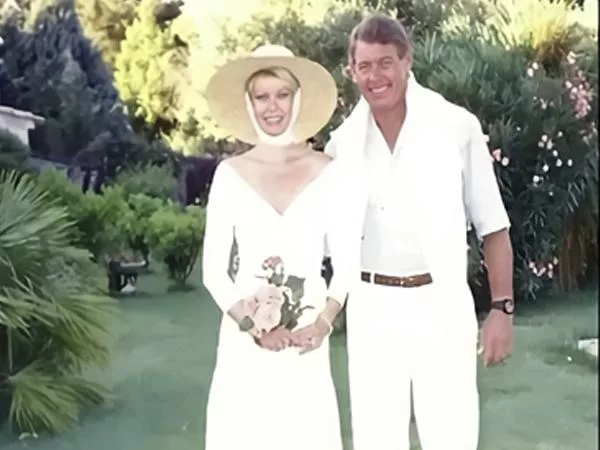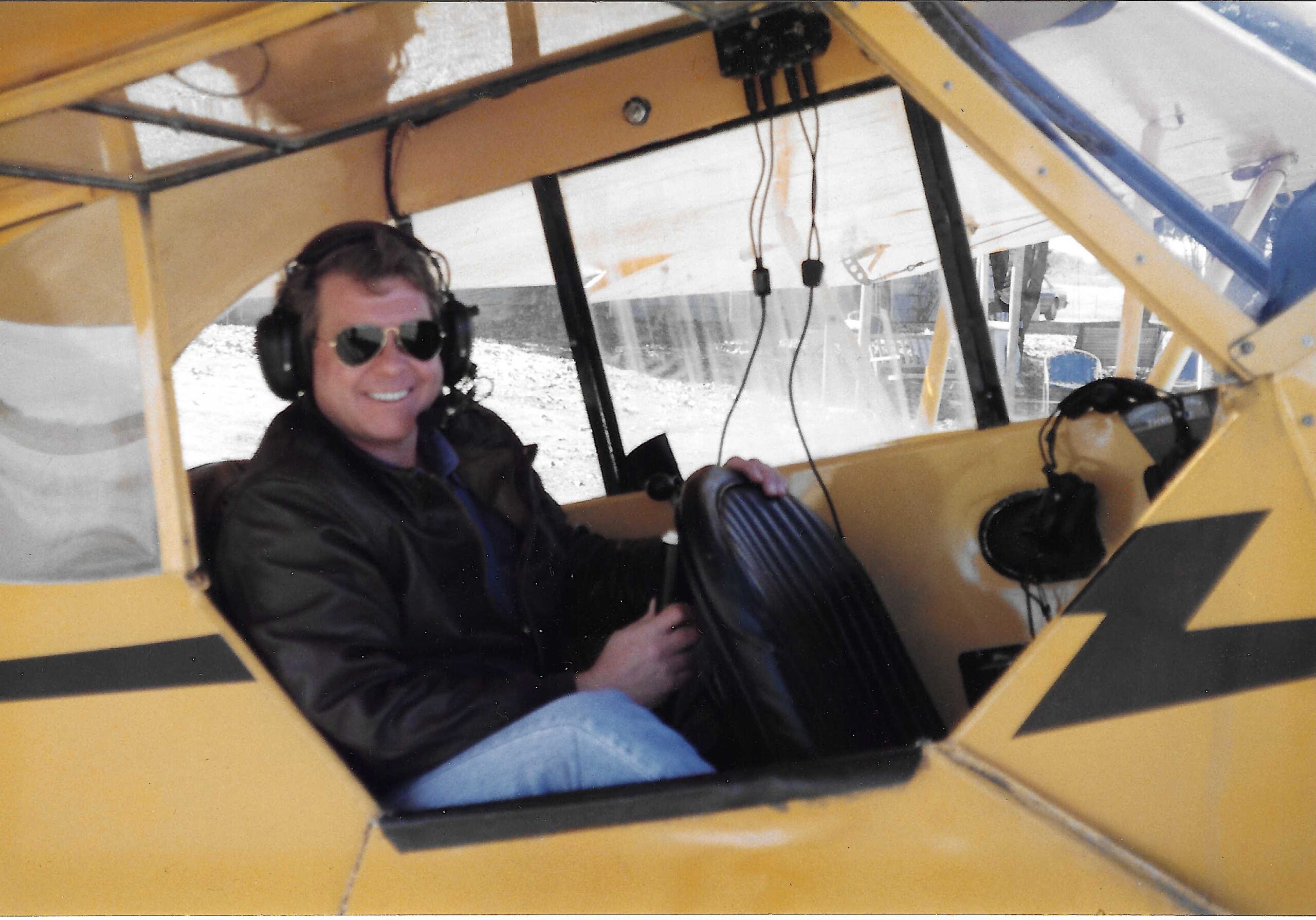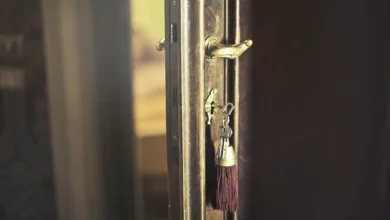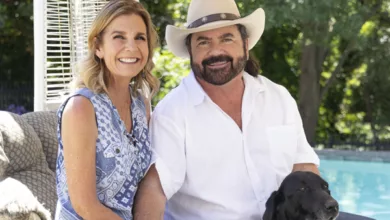How to Survive Caregiving

Caregiving can be one of the most beautiful and selfless acts of love a person can give to another. It can also be physically exhausting and mentally debilitating.
Caring for a loved one can have negative effects that last a lifetime. At its most extreme, AARP reports, the stress of caregiving is so great the caregiver often dies before the one they are caring for. Caring for my dying brother didn’t get that bad, but it was definitely the hardest thing I ever had to do.

My brother Johnnie and I had been exceptionally close our whole lives. We were best friends and close confidants. But Johnnie started smoking cigarettes at an early age. The fact he lived as long as he did before lung cancer took his life is a miracle.
Johnnie lived a vibrant life. He served in the Navy and was both an accomplished acrobatic pilot and a competitive shooting enthusiast who lived life on his own terms. And whenever he would stumble, like the time he fell and broke his neck, I was always there for him, bringing him meals, cleaning his apartment, and seeing he had everything he needed.
My brother peacefully passed away while holding my hand on July 7, 2021, at 7:00 PM. I told him he didn’t have to stay here in pain any longer. He squeezed my hand, breathed his last breath, and died beside me. It was the hardest thing I ever had to do. And now, weeks later, I am still hearing him call my name. Rest in peace, John Reed III. We will miss you and never forget the impact you had on all of our lives.
My time of caregiving was painful and exhausting, physically, emotionally, and spiritually. But through it all, I learned some things I want to share in the hopes of making someone else’s caregiving journey a little easier.
Caregivers Checklist:
- Reach out to your support community for aid and advice.
- If you do not have a support community, consider joining a church or therapy group.
- Get names and numbers of your loved one’s doctors.
- Make a list of all your loved one’s medications.
- Write down the phone numbers of all your hospice workers.
- If your loved does not have a will, write down their final wishes and get it notarized.
- Do not take personally the anger dying people often express toward those around them.
- Keep in mind that each of your extended family members grieves differently. Honor their feelings.
- Make time to do your own grieving. This is not a luxury, it’s a necessity!
I leave you with these words from author Jessie Stillwater that I found comforting:
Grief never ends but it changes.
It is a passage, not a place to stay.
Grief is not a sign of weakness, nor a lack of faith.
It is the price of love.






